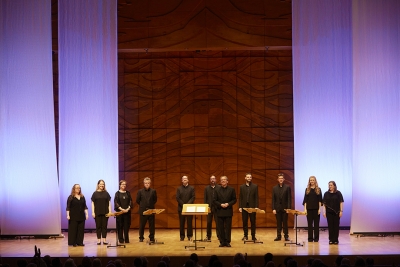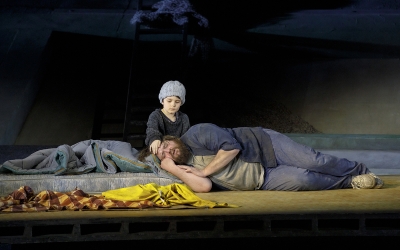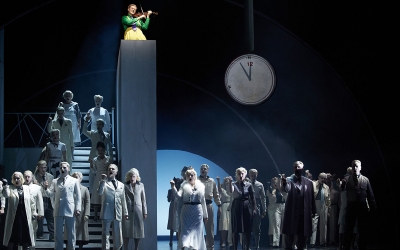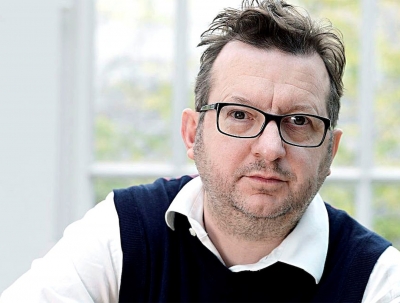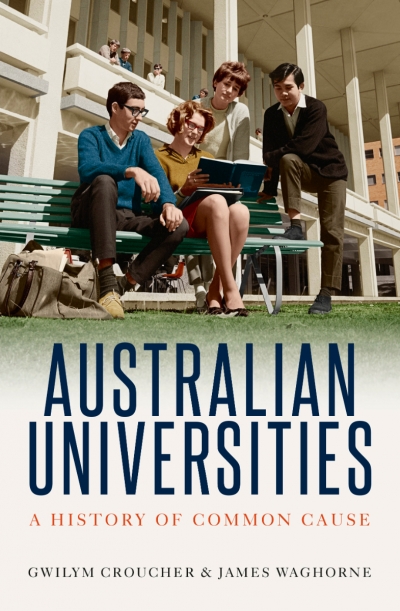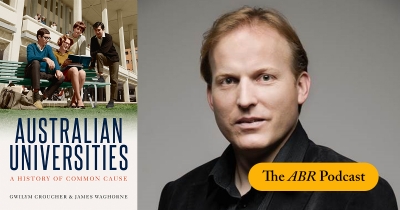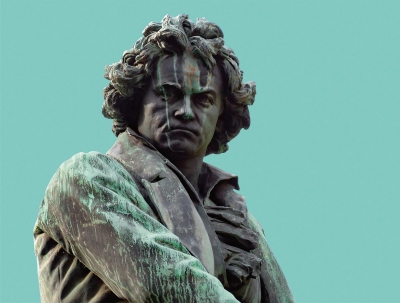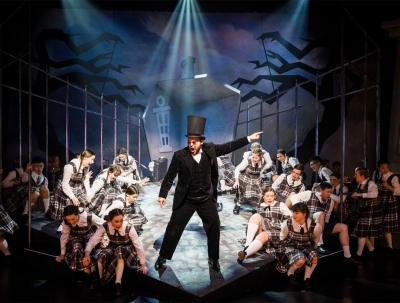Peter Tregear
Two sold-out concerts in the Melbourne Recital Centre by the London-based vocal ensemble The Tallis Scholars will be music to the ears of Australia classical music promoters. Audience numbers may be returning to something close to pre-Covid levels. In this case, however, I suspect the box-office success also reflects the peculiar drawing power of The Tallis Scholars themselves.
... (read more)Sadly, stage productions of Benjamin Britten and Montagu Slater’s opera Peter Grimes are now few and far between in Australia, notwithstanding the fact that the work’s exploration of psychological distress and social ostracisation has lost none of its currency. Britten’s score, while incorporating significant modernist musical elements, also remains both accessible and attractive. And Australia can also boast of having produced two of the finest exponents of the title role in Ronald Dowd and Stuart Skelton (who sang the role in the Sydney Symphony Orchestra’s concert version in 2019).
... (read more)Despite being one of the most successful and influential operas of all time, Ernst Krenek’s Jonny spielt auf (1926) is now something of a stage novelty. We are inclined to assume, perhaps, that the operatic genre it spawned, the Zeitoper, contained the seeds of its own obsolescence. As a new production at the Gärtnerplatztheater in Munich demonstrates, however, the work retains a capacity to shock and inform, as well as to entertain.
... (read more)Australians might be forgiven for thinking that the history of classical music – as an art form with origins in Europe – is something that happens elsewhere, that we are little more than observers (and listeners) of a tradition that is essentially the property of others. Melbourne-born Percy Grainger (1882–1961), however, presents us with an unambiguous claim to being a classical composer of lasting historical significance. And yet his music is also not performed, or celebrated, here with anything like the frequency and enthusiasm that it is overseas.
... (read more)The writer and academic Malcolm Bradbury once argued that we can find traces of the chaos, contingency, and plurality that typify the modern urban environment embedded in the structure of the modern novel or in the design and form of modernist painting. But in music? I think it is fair to say that classical composers have struggled to find similes as obvious, potent, or effective for the experience of living in a modern city as artists working in other media, or indeed as musicians working in other genres. It’s not for nothing that we commonly speak of urban rap, but not, say of urban symphonic music.
... (read more)Australian Universities: A history of common cause by Gwilym Croucher and James Waghorne
Australian universities are doing it tough – hit hard by the pandemic, compelled to find new ways of teaching during lockdown, and confronted by a federal government ostensibly unsympathetic to much of their work, especially in the humanities. International education – formerly one of Australia’s most lucrative export industries – is haemorrhaging. In today's episode, Peter Tregear – academic, author, critic – reads his review of Australian Universities: A history of common cause by Gwilym Croucher and James Waghorne, published by UNSW Press.
... (read more)Those of us who work in classical music will be familiar with the accusation that our chosen art form lacks contemporary social relevance. It is one with a long pedigree. ‘Sonata, what do you want of me?’ asked an exasperated Fontenelle in 1751, according to Rousseau. But you will find no widespread or heightened disdain for worldly affairs among classical musicians on the whole. Rather, any apparent reticence they may have describing how their art connects with the world at large stems from the fact that it is notoriously difficult to do. As the well-known quip goes, ‘Writing about music is like dancing about architecture.’ This is not a love that dare not speak its name so much as one that struggles to be put into words at all.
... (read more)The Sound of History: Beethoven, Napoleon and Revolution
Towards the end of last year, in advance of the 250th anniversary of the birth of Ludwig van Beethoven, a US-based musicologist caused a stir by suggesting that we should mark the occasion by following Chuck Berry’s advice and let Beethoven roll over, at least for a year. The declining social capital afforded to such ‘classical’ music across the West has not, it seems, stopped some music academics from continuing to be embarrassed by the prominence we give to this particular dead white guy. If nothing else, however, the ‘excuse’ of an anniversary gives an artistic planner an opportunity to promote canonical composers and works without controversy and indeed, as was the case for this concert at the Adelaide Festival, to explore why such music might still hold significance for us.
... (read more)‘Victorian’ may have become for us a byword for hypocrisy and repression, but it’s not hard to find literature of the day that plays against this grain. The Victorian fairy tale is certainly one place where authors did find ways covertly to explore challenging social themes, albeit under the cover of the prescription ‘for children’.
... (read more)
